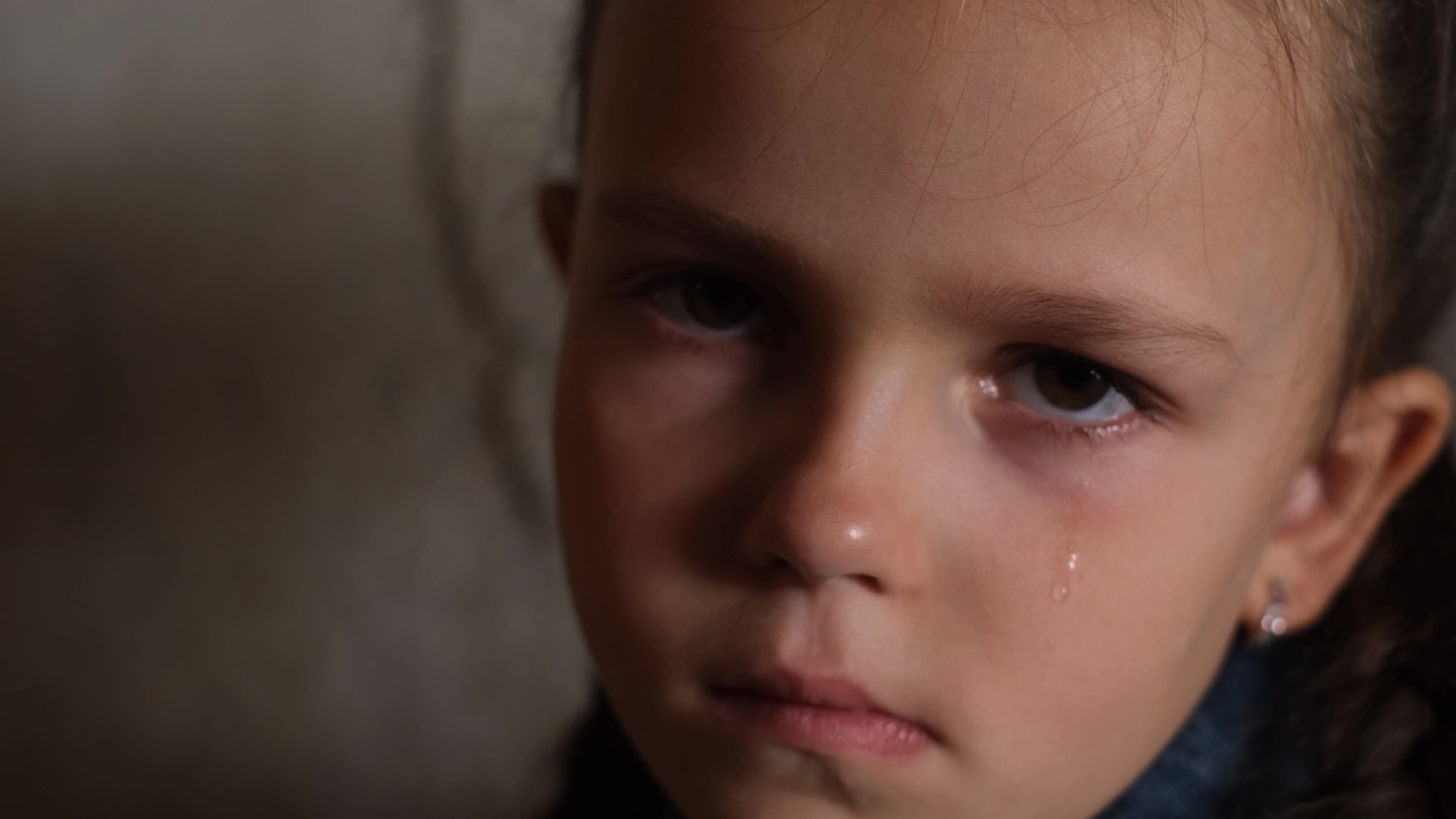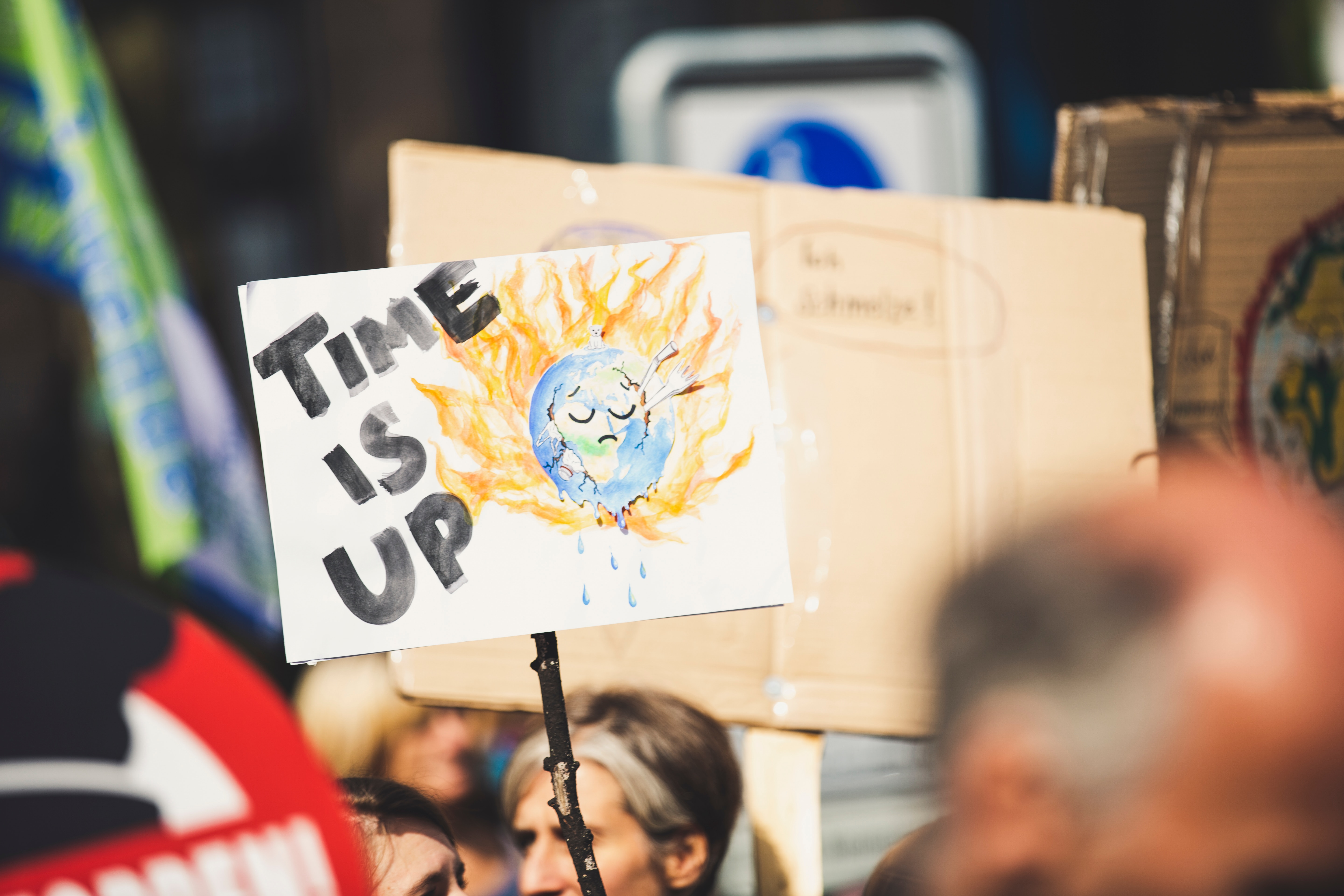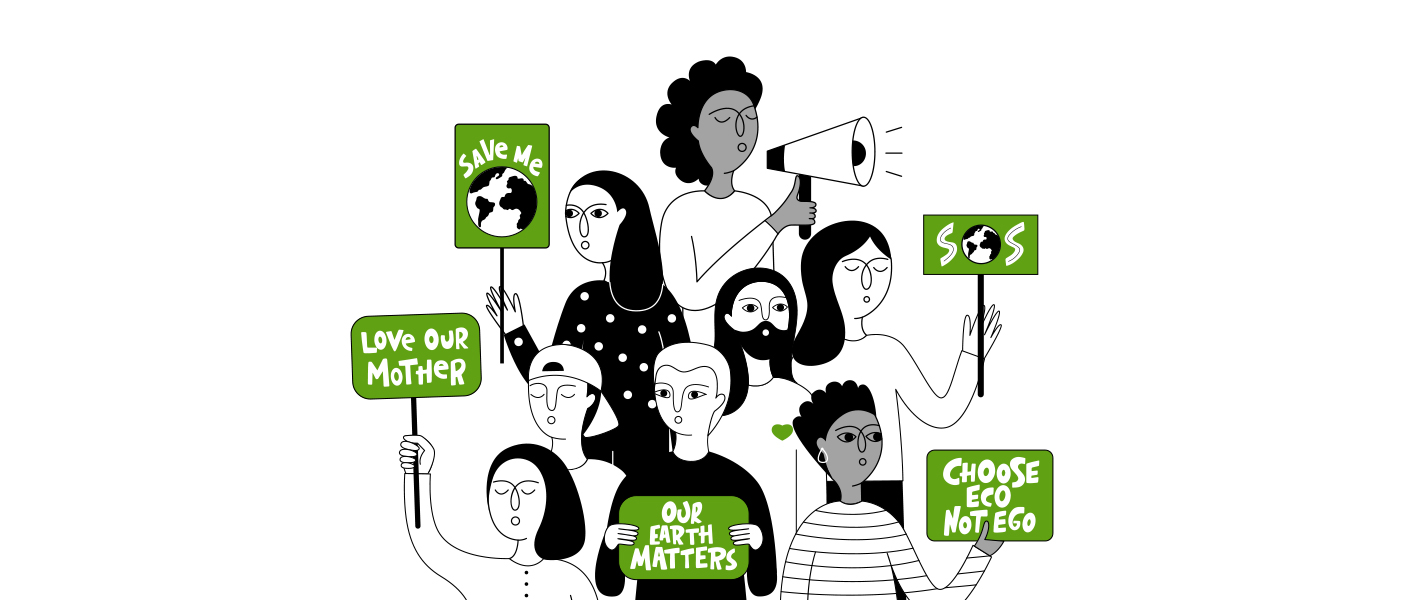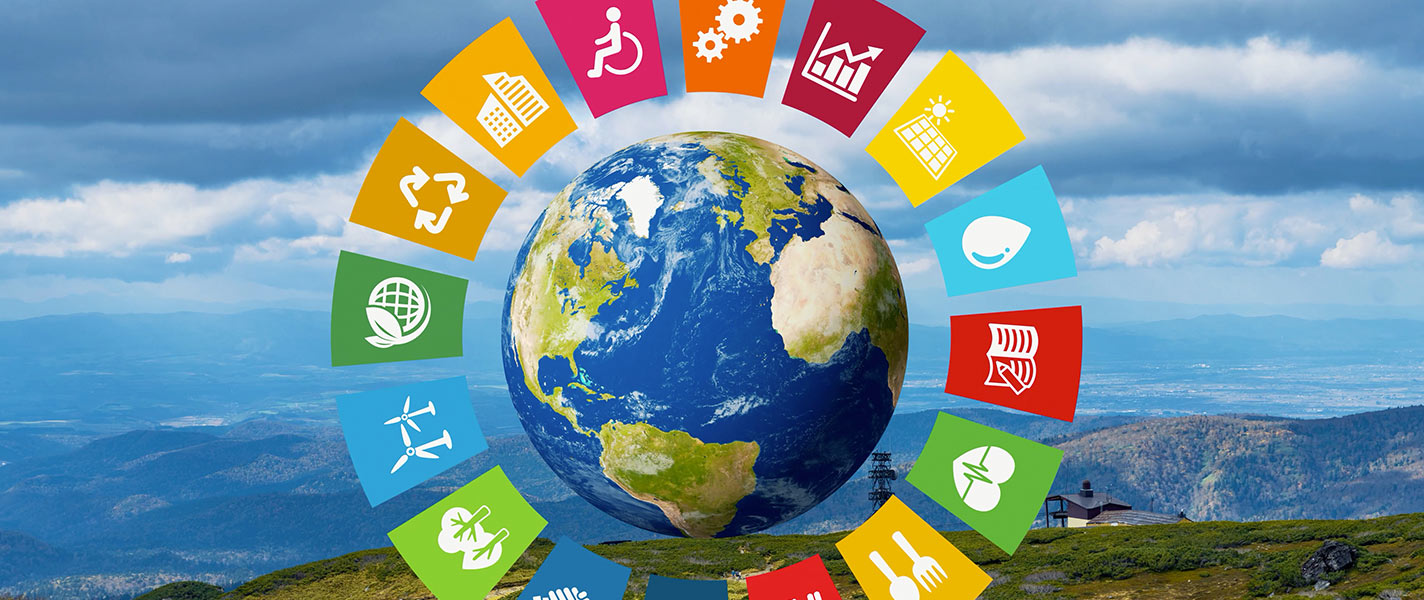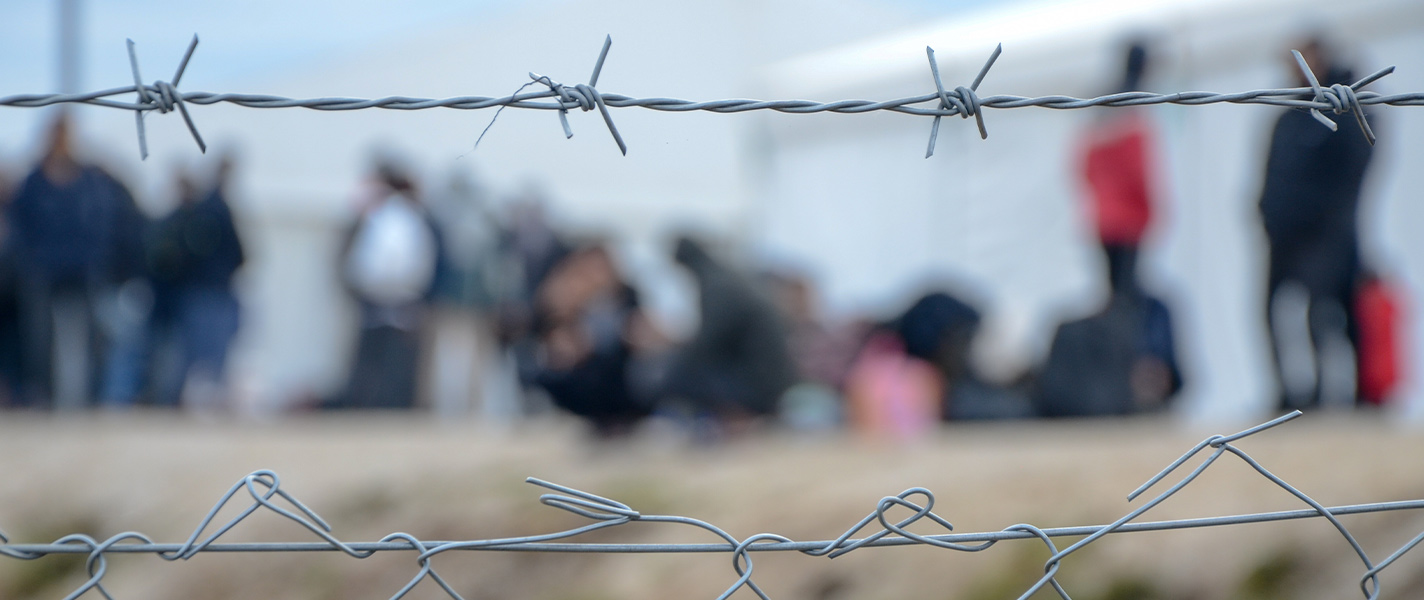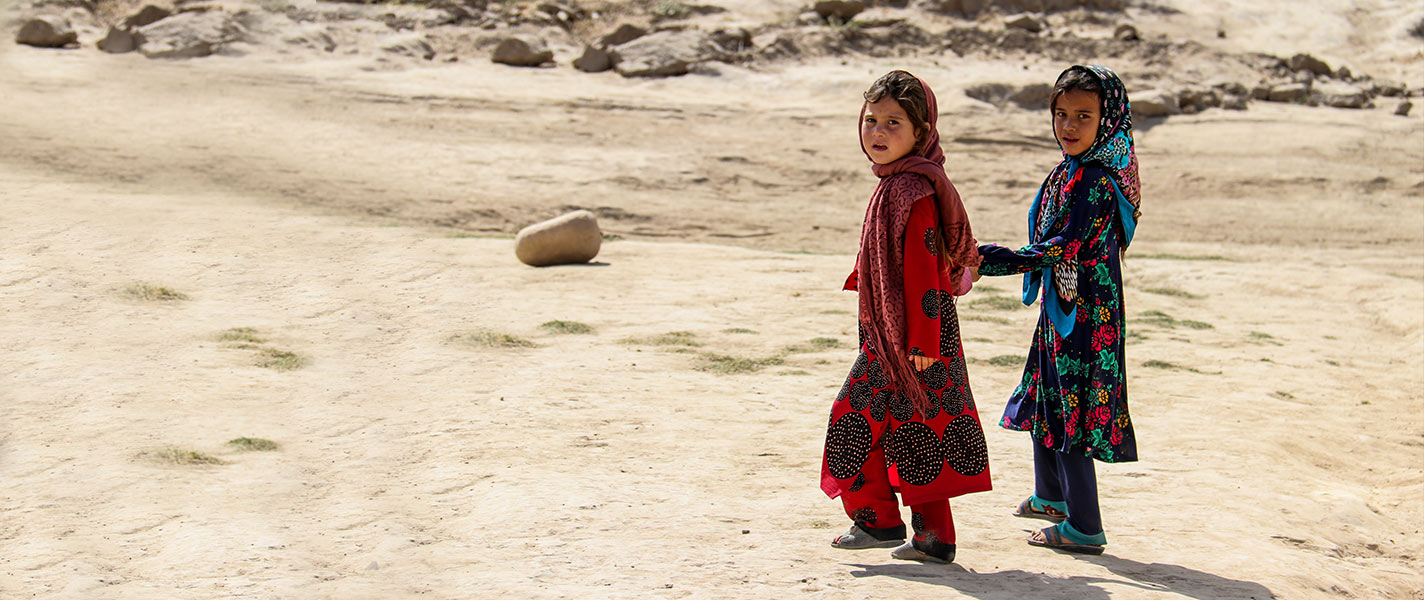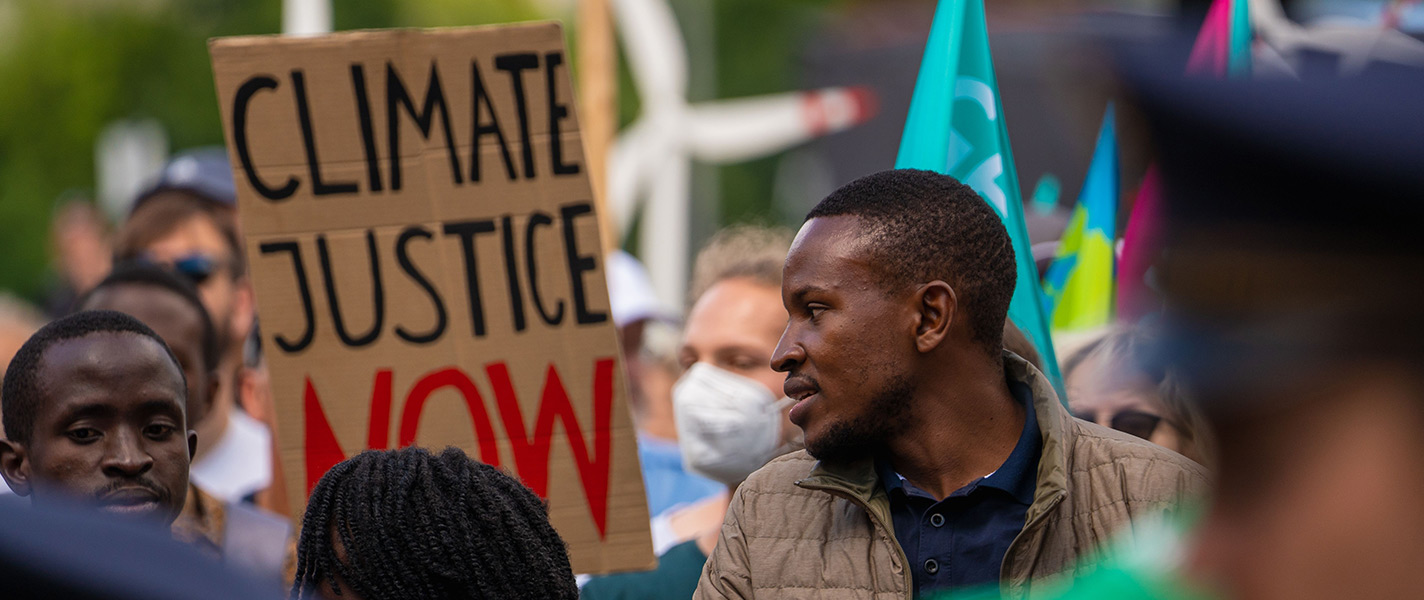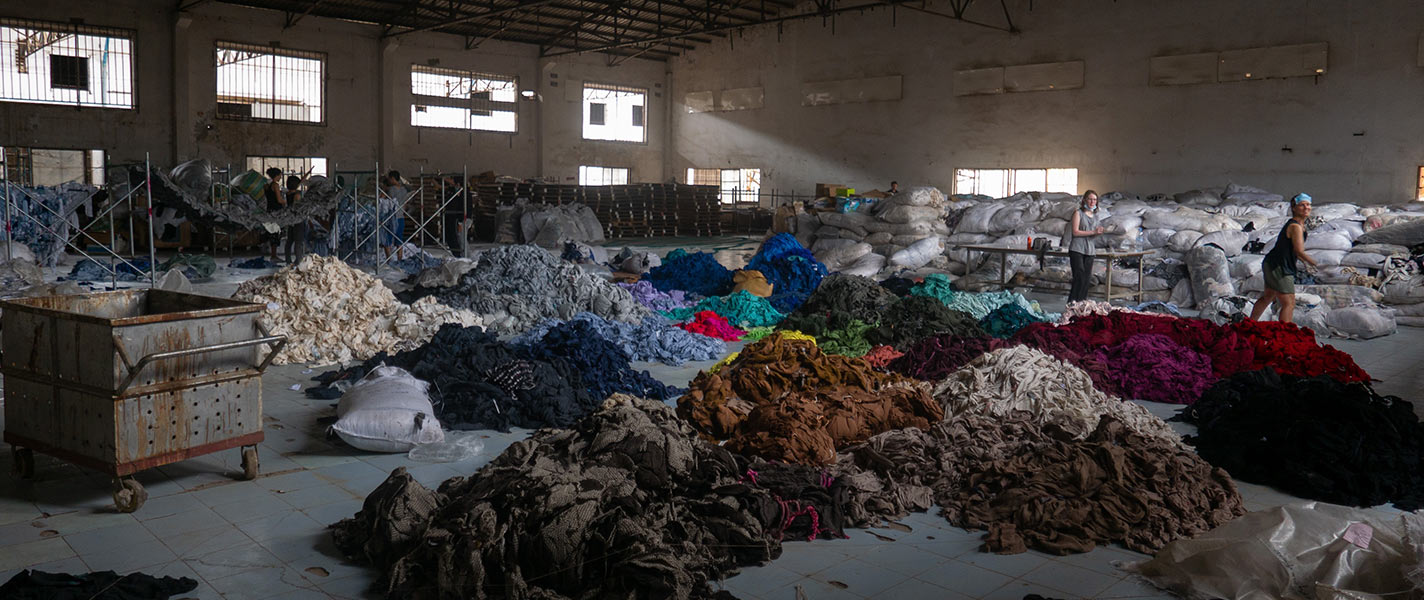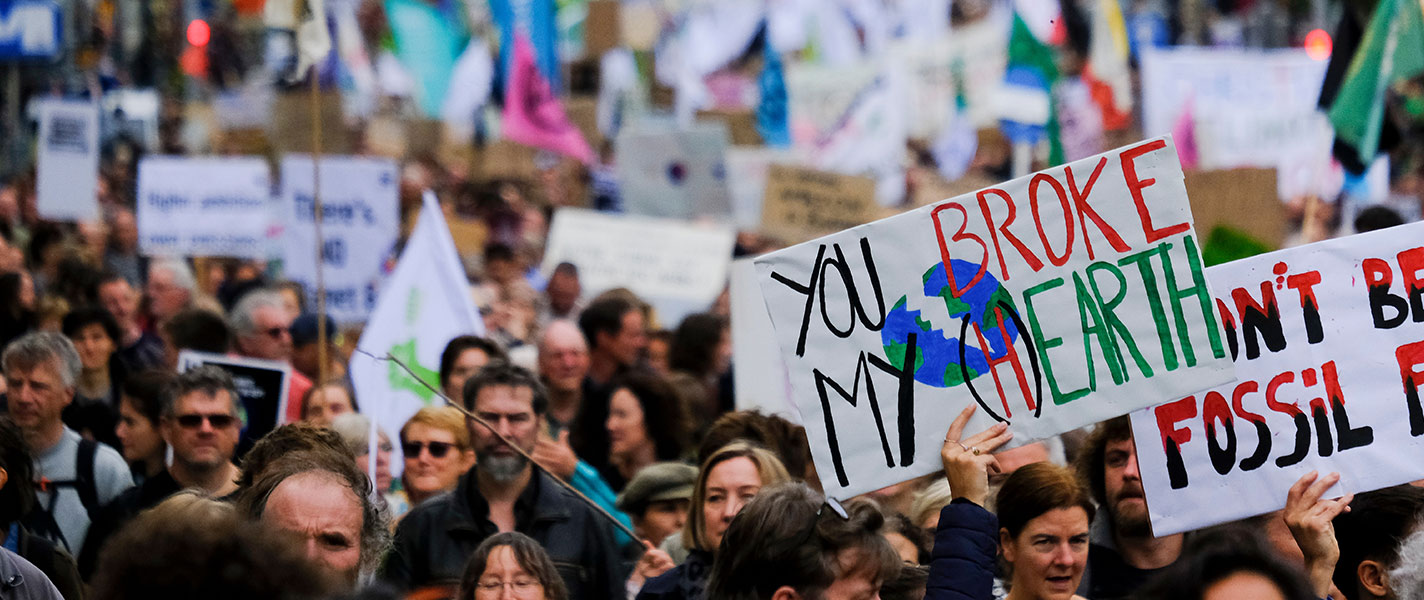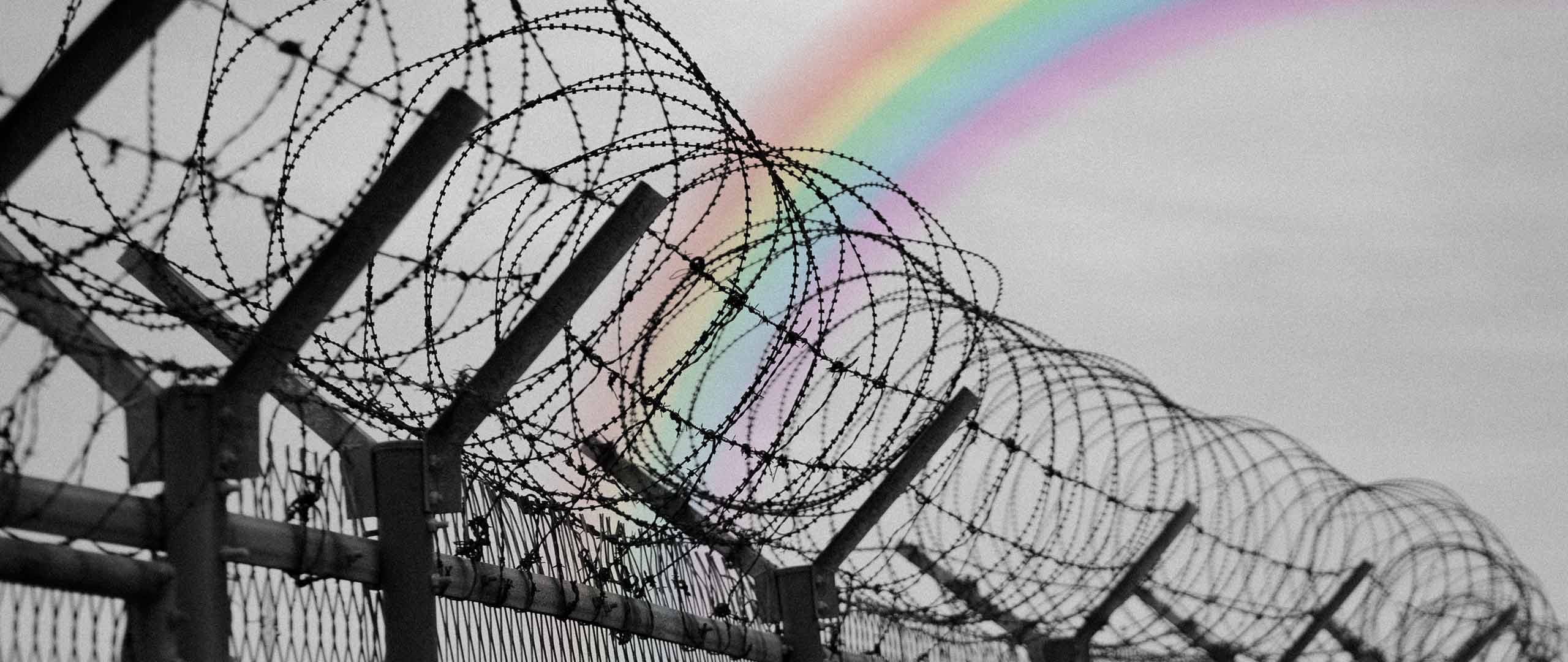Unveiling the Layers of Mental Health Challenges Amid Crisis
The foundation of a thriving community lies in the mental well-being of its individuals In today’s world, nearly one billion people suffer from mental health issues, emphasizing the pressing need to destigmatize these concerns. However, when crises strike, addressing mental health becomes even more intricate and sensitive due to a myriad of factors.
Factors Influencing Mental Health During Emergencies:
The scarcity or lack of access to mental health services and support, combined with a constant state of fear and unsafety, contributes to an alarming increase in the number of people suffering from mental health disorders. Individuals have reported as a result difficulties in sleeping and social problems when interacting with others in their communities. Post-traumatic stress disorder prevails significantly in regions of conflict.
Furthermore, emergencies tend to exacerbate pre-existing problems, such as poverty and oppression against marginalized groups. Social and economic insecurities result in a deterioration of mental health, leading to a rise in the number of people experiencing psychological disorders.
The absence of food security, often a direct result of crisis, causes impaired cognitive abilities. As a consequence, individuals experience a decreased ability to make decisions, resist adversities, and sustain themselves and their families. Food scarcity also poses a high risk of severe mental health illnesses, including obsessive-compulsive disorder, anxiety disorder, and depression.
These repercussions often extend across generations, perpetuating a cycle of distress.
Generational Trauma
According to the Centers for Disease Control and Prevention (CDC), epigenetics - the study of how behaviors and environment can induce changes that affect the way the gene's function - reveals that external stimuli, such as the environment, interactions with other people, or specific places that a person interacts with can “switch some genes on or off”. Consequently, these changes alter the way the brain and body interpret the genetic code. These scientific findings elucidate the origins of intergenerational traumas and illuminate how trauma survivors may transmit specific genetic alterations to their offspring.
Generational trauma introduces another layer of psychological and social adversity for individuals living in conflict and war zones. Despite the inherent challenges, addressing and healing this form of trauma is possible.
Impact of Crises on Children
A research paper by Dr. Iman Farjallah, a psychologist in the United States, on the impact of war on Palestinian children reveals an ongoing psychological and emotional crisis affecting their school performance and sleep quality. According to a study conducted after the second Intifada, 39% of parents reported that their children suffered from nightmares.
The effects of crises, including climate shocks and wars, on children are profound. It not only impacts their psychological well-being but also shapes their perception of the external world and their future. One critical element directly affected by crises is education, causing harm not only to the development of children but also society as a whole.
According to the International Rescue Committee, families affected by disasters are frequently relocated for extended periods, with refugees displaced for an average of 20 years and internally displaced persons for an average of 10 years. If world leaders fail to address the educational impediments arising during crises, it is anticipated that by 2030, 825 million youth will lack the necessary skills to contribute to the workforce.
Addressing These Challenges:
As layered and as complex, mental health during emergencies should be one of the top priorities. It is crucial to start first by strengthening the already existing resources by providing psychological first-aid training to medical and care professionals through international organizations. It is also important to recognize that individuals process events differently, emphasizing the need for specialized care alongside broader psychological interventions for communities and groups. Addressing underlying issues that impact mental health like food security can work as a preventative way to many mental health problems.
Last but certainly not least, fostering a sense of community is essential, acknowledging that individuals experiencing distress can uplift each other in ways that external support may not achieve.
Join Our Digital Saloon
We invite you to join our upcoming digital saloon, where we'll delve deeper into the significance of community support in addressing mental health during crises. Additionally, we'll explore the role of art in enhancing the mental well-being of those living in distress, while also shedding light on the unique challenges faced by marginalized groups. Let's continue this vital conversation together.















